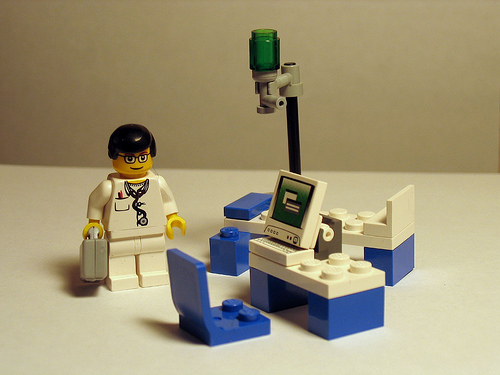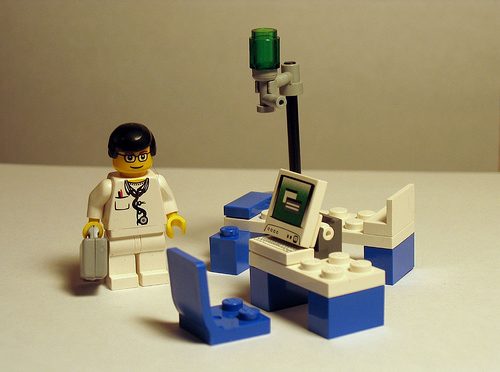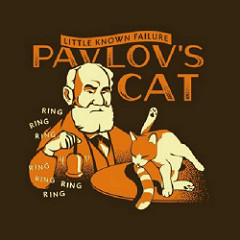Podcast: Play in new window | Download (Duration: 49:49 — 68.5MB)
Subscribe: Spotify | RSS | More
This time, a mom’s point of view.


On our last show, we fielded a question from Courtney who wants to go to med school but is worried about being a mom and a med student. We got one dad’s perspective then, and now it’s time for mom. Dr. Maya Lopez (CCOM MD ’04) was another non-trad entering school with a supportive husband and a few bundles of joy. She told Eric Schnieders, Tucker Dangremond, and Sanjeeva Weerasinghe how she dove headlong into med school, how she and her husband (along with a village) made parenting and med school work for them.
To top it off, we got another question from Clovis (not his real name) who was worried that he’d either have to join the military or sell all of his internal organs to afford medical school…unless we could come up with some other options for him. CCOM debt counselor Chris Roling had some good news (not to mention advice) for him.
This Week in Medical News
The medical education world is humming with the news that the Center for Medicare and Medicaid Services has reversed a long-standing prohibition against students contributing to patients’ medical records. Boring? Maybe, but it’s going to change how clerkships are done and the ease with which students make the transition to residency in the very near future.
We Want to Hear From You
Do you have worries we can soothe (or stoke)? Call us at 347-SHORTCT anytime, visit our Facebook group, or email theshortcoats@gmail.com. We’re ready to give free (and perhaps even good) advice!
Continue reading Med Student Parents, Part 2 | Plan for Debt but Don’t Worry








